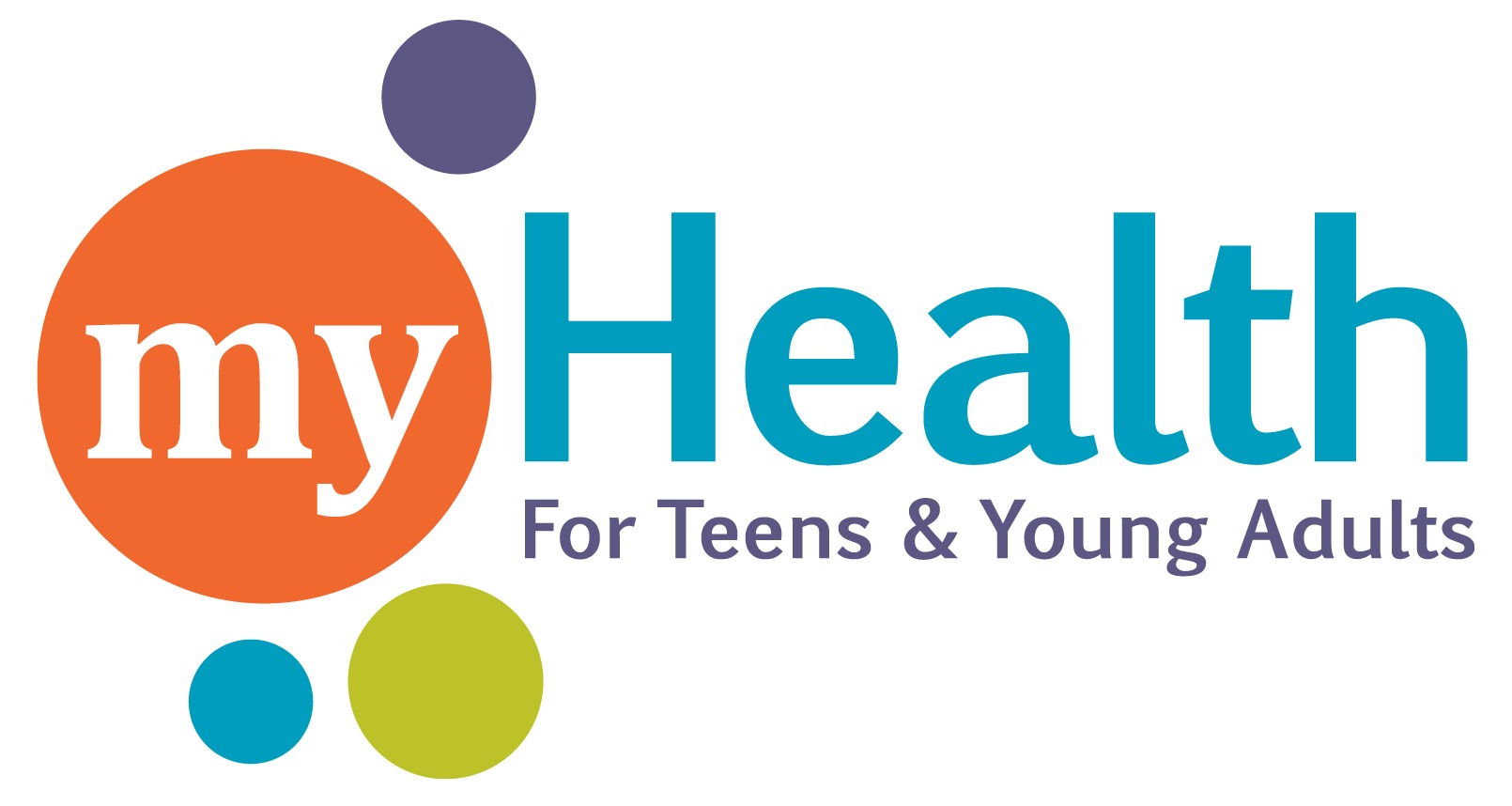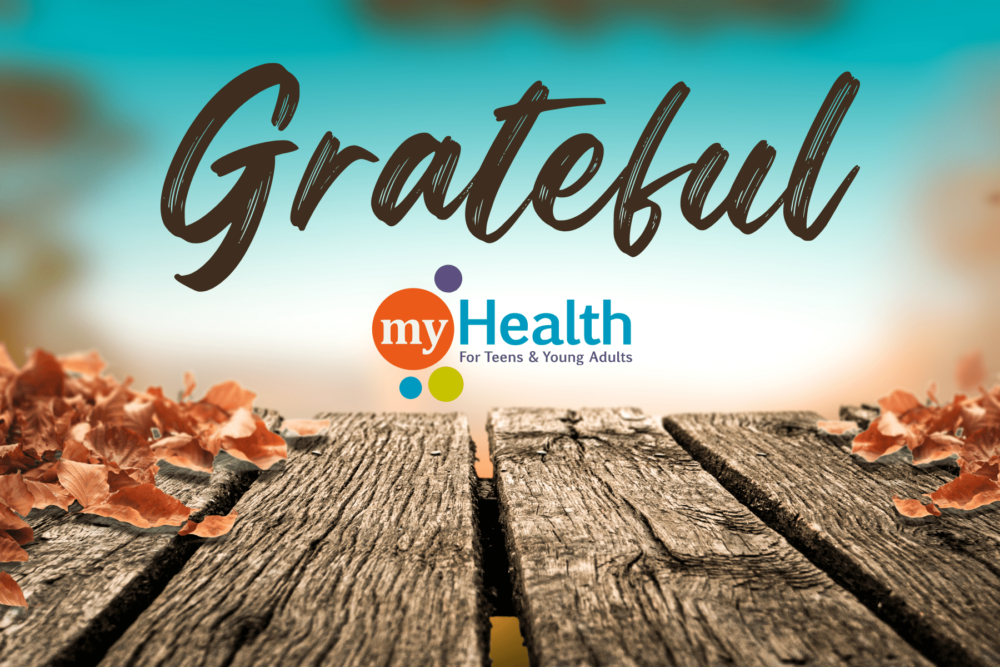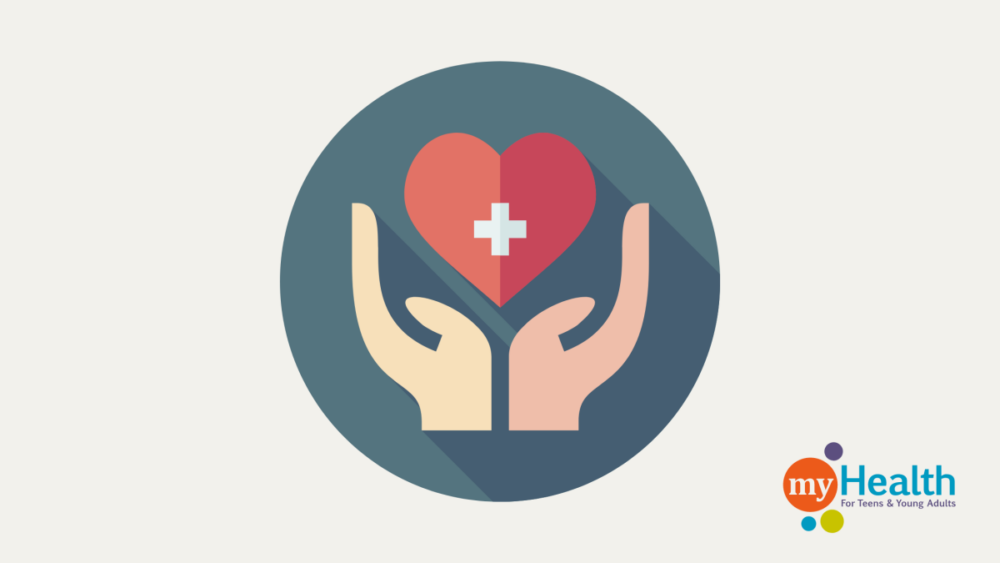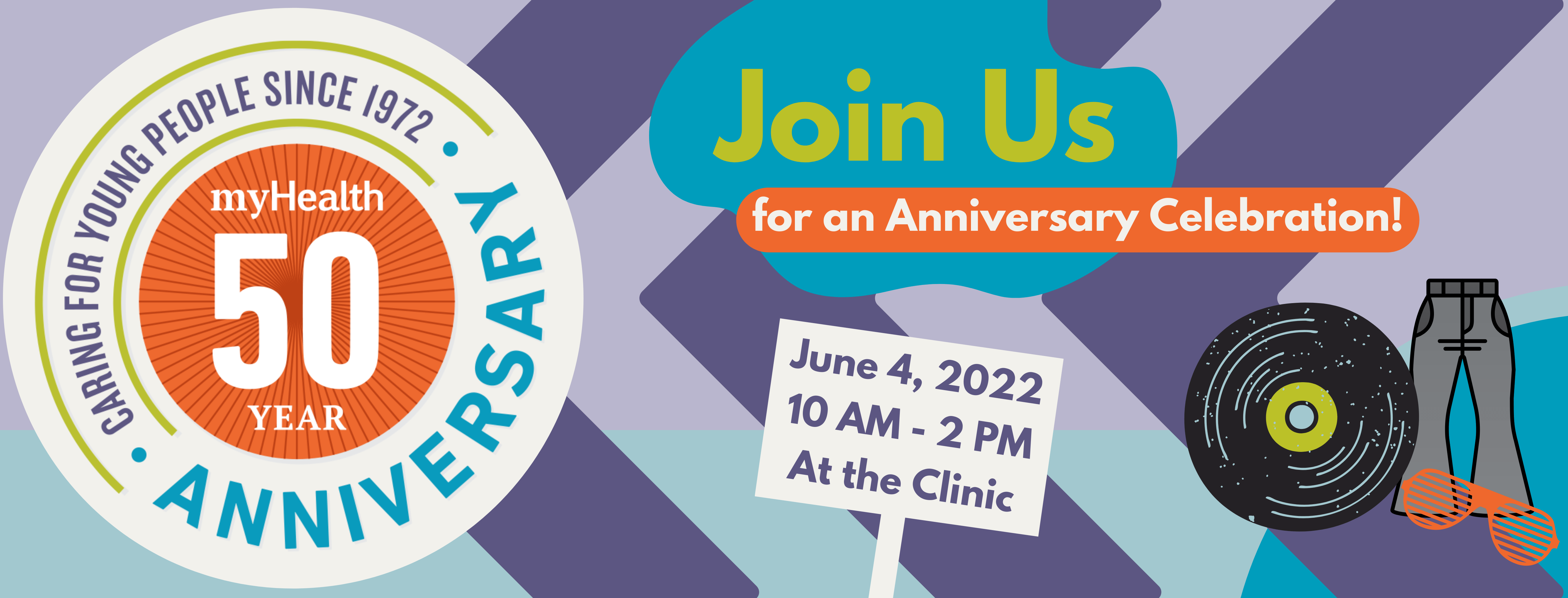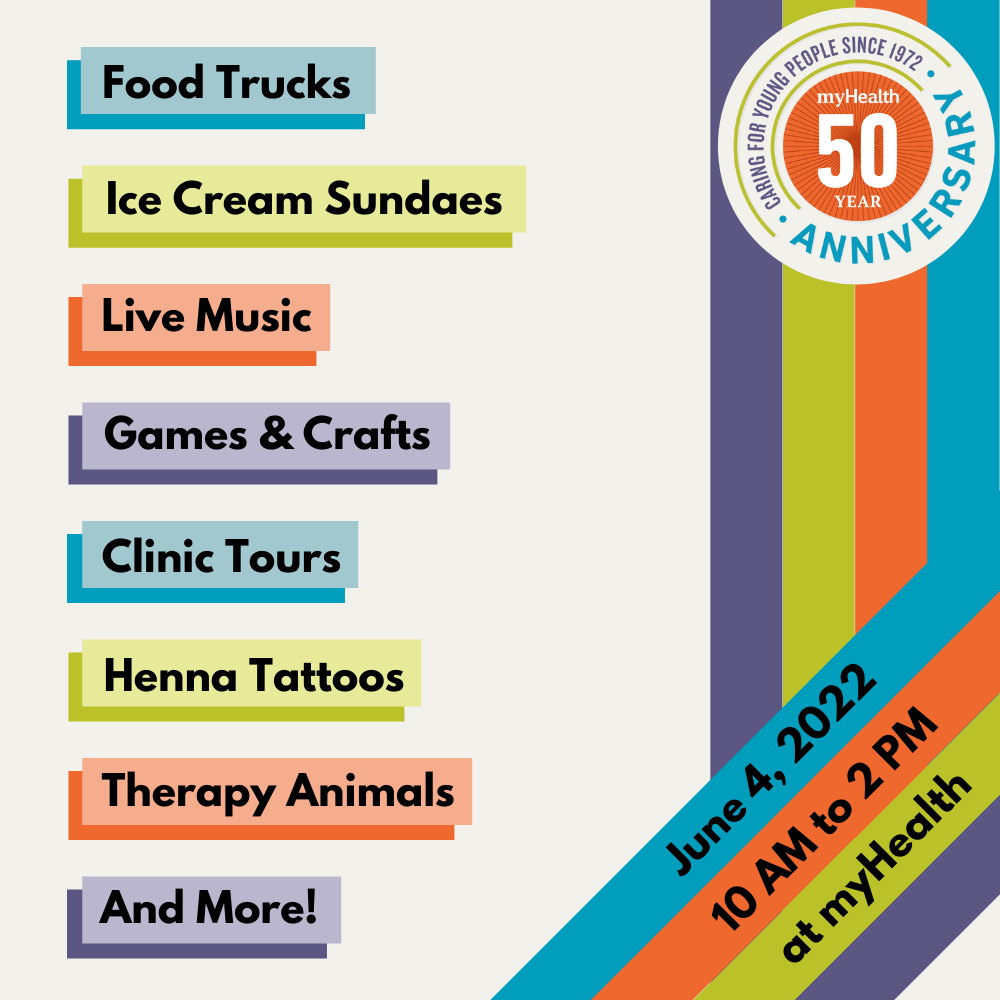
The excitement of discovery of someone’s teen years is accompanied by struggle too. There are new skills to practice, new feelings to identify, and new information to process. It’s normal to feel overwhelmed at times!
Seeking help outside can feel difficult, but it can be an important step towards reclaiming control over your inner life. Let’s look at the symptoms of poor mental health and what you and trusted people in your life can do about it.
Understanding Your Mental Health: Identifying Signs and Symptoms
While each person’s experience with mental health is unique, there are common signs that can help you identify struggle.
Psychological signs: Pay attention to changes in your mood, such as persistent sadness, irritability, or extreme mood swings.
Physical signs: Anxiety and depression aren’t two simple feelings: nausea, faster breathing, aches and pains, poor sleep, changes in sex drive, changes in appetite, and restlessness are all symptoms to monitor.
Changes in behavior: Difficulties in concentration, withdrawal from activities you once enjoyed, or feelings of hopelessness are warning signs that something might be wrong.

What’s the Role of Our Environment?
Our environment plays a significant role in shaping our mental health. Big life changes can bring feelings of uncertainty and stress:
- Moving
- Starting at a new school
- Financial struggles
- Relationship problems
- Medical conditions
- Living with an addiction or with a person with addiction
Your struggles may stem from one of these problems or multiple problems at once. Regardless, it is okay to reach out for support for navigating your life and building coping skills to improve your mental health.
It’s also completely valid to reach out if you are experiencing none of these issues. Seeking the support of friends or professional help is not dependent on what’s happened to you. Trust your instincts and be honest about your feelings. If you are concerned, take action. Self-care can be an act of power!
Initiating Conversations About Mental Health
Let’s face it, it can be difficult to share deeply personal feelings that are positive, much less the feelings of deep struggle that accompanies a decline in mental health. But without getting past that initial barrier of speaking about your problem, the problem rarely gets better on its own. The great news is you are not alone. There are always people who can help.
Who Should You Talk to When Seeking Help as a Teen?
Identify trusted people in your life, such as friends, family, teachers, school counselors, or role models. Talk to them in a safe and private space.
Be Open And Honest
Approach the conversation honestly, sharing how you’ve been feeling and changes to your thoughts or behavior. Bravery is required to face something scary, and being vulnerable can definitely feel scary. Starting these discussions shows your resiliance. People who care about you will respect your honesty.

Building a Supportive Network: Seeking Help Outside Your Inner Circle
While reaching out to trusted friends and family members is great, seeking support beyond your close circle may also be necessary. Finding additional support systems can offer different perspectives and resources to help you on your mental health journey.
Explore avenues such as mental health hotlines, teen clinics, online communities, and support groups for teenagers. In addition, use the resources available in your school, such as counselors and psychologists, who can provide professional guidance and assistance.
Your supportive network is your safety net that understands and empathizes with your struggles. Including trusted professionals can be an important part of that safety network.
Navigating the Path to Help: Exploring Resources and Professional Support
Finding the right resources and seeking professional help is crucial for mental health. Start by exploring online platforms, mental health websites, and helplines that provide information, tools, and guidance.
But, if you need individual counseling, consider finding a qualified therapist who offers specialized support for teens. Learn about seeking professional help, from finding therapists to booking appointments, and be aware of any potential costs or insurance coverage.
Taking Care of You: Practical Self-Care for Mental Well-being
Prioritizing self-care is an integral part of maintaining good mental health. Adding self-care practices into your daily routine can reduce stress, enhance resilience, and improve overall well-being. So, what can you do?
Healthy Lifestyle
Regular physical activity, such as walking, yoga, or dancing, boosts your mood and reduces anxiety. A nutritious diet supports brain function and emotional well-being. Bolster your energy with good sleep hygiene, such as reducing screen time before bed, allowing enough time for sleep (8-10 hours for teens), keeping a consistent schedule, and avoiding large meals close to bedtime.
Express Yourself
Practice mindfulness and relaxation techniques, such as meditation or deep breathing, to promote a sense of calm. Journaling can provide an outlet for self-expression and reflection. Engage in hobbies or activities that bring you joy and give you a sense of fulfillment.
Be True to Yourself
Sometimes, you may have to set healthy boundaries and practice saying no when necessary to protect your mental and emotional energy. These coping strategies will enable you to manage stress better, build resilience, and foster a positive mindset for improved mental well-being.
Your Mental Health Matters: Seeking Help is a Sign of Strength
Discussing mental health and seeking help as a teen is challenging but crucial for taking control of your well-being. Don’t be afraid to break the silence and find the support you need. Value yourself, stay attuned to how you truly feel, and ask for help from your loved ones and professionals when needed. Remember, seeking help is a sign of strength, and your mental health matters.
